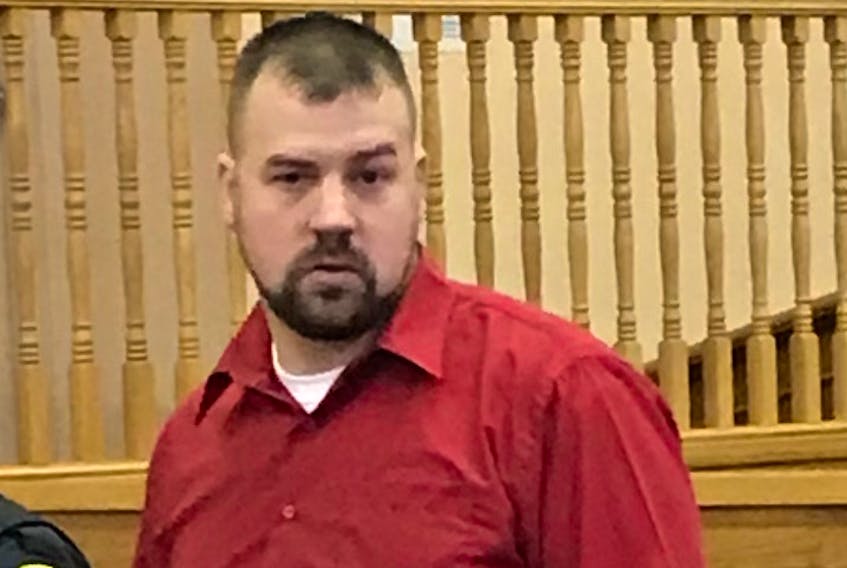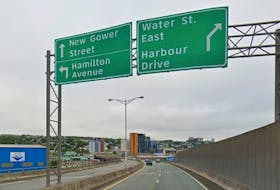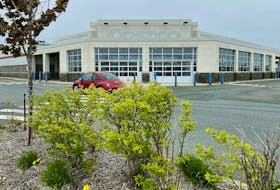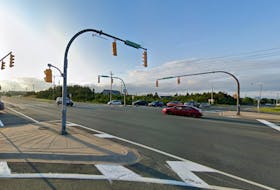The lawyer for an alleged Vikings Motorcycle Club member on trial for trafficking oxycodone asked the judge to acquit him Tuesday, saying the man didn't know what he was doing was illegal.
Shane Leonard, 32, took the stand, admitting he sold Percocet pills he had been prescribed after a car accident and a series of work-related injuries. Percocet is a prescription painkiller consisting of a combination of acetaminophen and the opiate oxycodone.
Leonard testified he had been prescribed one pill every four hours, but would take a dozen or more a day if his pain required it. If he ran out, he said, he bought the pills from other people. He began selling them, he said, when his workers' compensation income decreased and a friend told him he could make money from the pills. He said he also sold marijuana to a handful of people.
"When do you ever hear on the news of anyone going to jail for Percocet? You never hear of it."
— Shane Leonard
Leonard said he didn't know "percs" - which he said he sold for $8 each or three for $25 - contained oxycodone.
"Did you think you were breaking the law when you sold Percocet?" his lawyer, Jack Lavers, asked him.
"No," Leonard said.
Crown prosecutor Trevor Bridger pointed to a number of prescriptions Lavers had entered into evidence, revealing Leonard had been prescribed 60 Percocet pills roughly every two weeks during the summer of 2015.
"You didn't think (selling Percocet) was illegal?" Bridger asked Leonard on cross-examination.
"No. When do you ever hear on the news of anyone going to jail for Percocet? You never hear of it," Leonard replied.
"Oh, lots," Bridger answered. "Ever hear of anyone going to jail for selling marijuana?"
"Yeah," responded Leonard.
Lavers asked Newfoundland and Labrador Supreme Court Justice David Hurley to acquit his client on the ground that there was no intent to commit a crime by selling the Percocet pills.
"This is not an issue of ignorance of the law," Lavers said. "It's an issue of ignorance of the chemical composition of Percocet."
Leonard signed an agreed statement of facts which was presented to the court, saying the RCMP had obtained evidence which led them to conclude Leonard's father, Vincent Leonard Sr., "was trafficking in Percocet (oxycodone)" and that his supply came from obtaining the prescriptions of others, mostly other Vikings members. According to the statement of facts, Leonard Sr. is a high-ranking member of the motorcycle club.
"Leonard Sr. had a close relationship with Dr. Brendan Hollohan and would organize various Vikings members to attend Dr. Hollohan's office to obtain the prescriptions."
The statement outlined a number of phone conversations intercepted and recorded by police between May and August 2015, involving Leonard and Leonard Sr. and a number of other people. There's talk of "percs" and "P," of dropping things off at the pharmacy, and of picking up "messages." Among drug traffickers, "message" is a code word for money, an RCMP drugs expert testified, and Leonard acknowledged in his testimony that's what it meant.
In one call, Leonard was heard telling a man, "I'm going down to the pharmacy to get them right now … so don't go getting them off nobody else." Twenty minutes later he called another friend, saying he had something for sale but couldn't talk about it over the phone "unless you wants to go to jail for a couple of years."
Another time, Leonard received a call from a woman asking if he had any more "P" there, since she had "26 gone." Leonard told her that he had 300. He told her if anyone came to her, she should send them to his place. "I needs to get them gone, so send whoever," he said."
None of the intercepts involving Leonard included discussions of oxycodone directly.
Bridger noted in his closing submissions that, in addition to Percocet, Leonard had testified to selling marijuana, and there was a reference to a woman owing him money for coke in one of the wiretaps. Leonard clearly knew what he was doing, Bridger argued.
Leonard's case will be called again Feb. 11, when Justice David Hurley will deliver his verdict.
Leonard was one of 10 people arrested and charged in 2016 after police executed search warrants at six places in Cupids and St. John's as part of Operation Bombard, including homes in the downtown area and the Sports Bar on Boncloddy Street. The other men were Leonard Sr., Vincent Leonard Jr., Wayne Johnson, Thomas Snow, Allister Hayley and Kenneth Kerrivan, all of St. John's; James Curran of Cupids Crossing, Joseph McIntyre of South River, and Dr. Brendan Hollahan, whose charges were later withdrawn.
Leonard and Snow had originally been charged together, but Snow pleaded guilty to conspiring to traffic cocaine and received a nine-month sentence in late November.
McIntyre was found guilty of a trafficking charge after a trial last January, earning a sentence of two years less a day in prison.
Leonard Jr. made a plea deal for an 18-month sentence for cocaine trafficking in September 2017.
The joint case of Leonard Sr., Johnson and Curran was also called in court Tuesday. The three men, all accused of trafficking drugs, were due to go to trial next month, but Hurley granted them a postponement after their lawyers successfully argued for more time to review 60,000 pages of evidence given to them by the Crown in October. They'll be back in court Feb. 4, when Hurley will hear another of a number of applications the defence plans to argue before trial.
If the trial doesn't begin before the end of March — 30 months from the time the men were charged — their lawyers will have the right to file a Jordan application, a motion to have the proceedings stayed on the basis that the process took too long. In order for a Jordan application to be successful, the defence must prove the delays were the fault of the Crown.
Twitter: @tara_bradbury
Related stories:
Alleged outlaw biker pleads guilty to drug charge in Newfoundland and Labrador Supreme Court









